Djibouti eVisa for Cruise Travelers: Short Stays Made Simple
Djibouti, the tiny but interesting Horn of Africa country, has also become a more popular cruise destination. Strategically placed along the Red Sea and the Gulf of Aden, it serves as a link between Africa and the Middle East. Most cruise routes feature Djibouti as a brief port of call, allowing the tourists to see its cultural attractions, beautiful coastline, and unusual natural formations.

For cruise arrivals, the Djibouti eVisa Application is an easy and hassle-free option for smooth entry. Thanks to the digital process, cruise travelers can have short stays with no fuss over tedious documents. It doesn’t matter if you are looking to sightsee in the lively capital city, unwind on immaculate beaches, or take a day trip to Lake Assal; the eVisa makes traveling easy. This travel guide will describe how the Djibouti eVisa process benefits cruise travelers and outline the must-see attractions for a brief visit.
Why Djibouti Is Cruise Travelers Favorite
Djibouti may be small, but it has a combination of adventure, culture, and rest that Cruise tourists enjoy. Brief visits allow just enough time to experience the essence of the destination and not feel hurried. These are some reasons why it’s a top choice:

- Strategic Location: Situated at the juncture of Africa and the Middle East, it’s a natural cruise stop.
- Rich Culture: Djibouti mixes African, Arab, and French influences that are seen in its food, architecture, and traditions.
- Unique Landscapes: From volcanic land to salt lakes and coral reefs, the landscapes are unlike others.
- Compact Size: Ideal for a day trip on a cruise stop.
Understanding the Djibouti eVisa
Djibouti, one of the smallest but strategically positioned nations in the Horn of Africa, is emerging as a destination for business as well as tourism. Famous for its distinctive terrain, stunning coastline, and cultural diversity, Djibouti is welcoming tourists from all over the world. To facilitate arrival for international travelers. Djibouti eVisa, an electronic travel permit that has eased the visa procedure. If you are going to visit Djibouti, be it for a vacation, work, or a brief layover, knowing how the eVisa works will better prepare you. Break it down with us.
What is the Djibouti eVisa?
The Djibouti eVisa is an online travel authorization permitting foreign nationals to visit the country for short periods. Rather than visiting an embassy or consulate to apply, visitors have the option to apply online, which is quicker and more convenient. Once it has been approved, the eVisa is emailed and has to be shown on arrival along with your passport. It is a one-time entry document, so you can only use it once to travel into Djibouti within the period that was approved.
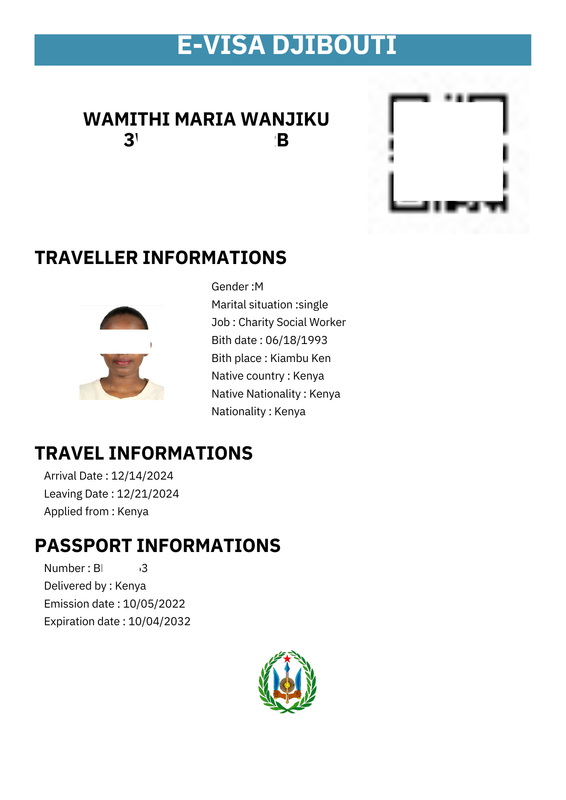
Why Use the Djibouti eVisa?
- Convenience – Apply from anywhere on earth from your laptop or smartphone.
- Time-Saving – No need to visit an embassy or fill in paperwork.
- Fast Processing – Most applications are processed within a few days.
- Travel Flexibility – Perfect for travelers, business travelers, or passengers transiting Djibouti on cruises and layovers.
Who Requires a Djibouti eVisa?
Foreign nationals visiting Djibouti typically require an eVisa except if they are from a visa-exempt nation. Visitors from Africa, Europe, Asia, and the Americas usually need it. If you are not sure, the simplest step is to verify your eligibility prior to application. In most instances, if you are not exempt, you can apply online for the eVisa.
Types of Djibouti eVisa
Djibouti has various types of eVisa based on your purpose of visit:
- Djibouti Tourist eVisa – For visitors traveling for leisure, sightseeing, or family visits.
- Business eVisa – For businesspeople going for meetings, trade exhibitions, or business purposes.
- Transit eVisa – For travelers who are just passing through Djibouti on their way to another destination.
The stay duration differs but most commonly, eVisas permit short stays between 14 to 90 days, depending on what is issued.
Djibouti eVisa requirements
You will typically require the following documents to apply for the eVisa:
- A valid passport (with at least six months’ validity from arrival date).
- A recent passport photo.
- Proof of accommodation (e.g., hotel reservation or letter of invitation in case of staying with someone).
- A return ticket or onward travel information.
- Details on purpose of travel (tourist, business, or transit).
These are uploaded while applying. Ensure that all details match your passport details so that there are no delays or rejections.
Step-by-Step Application Process

- Check Eligibility – Make sure that you need an eVisa according to your nationality.
- Fill Out the Online Form – Enter in your personal information, passport information, and travel itinerary.
- Upload Documents – Submit the supporting documents like passport scans and proof of accommodation.
- Pay the Fee – Make payment online through a secure channel.
- Receive Your eVisa – Your eVisa will be delivered to your email upon approval.
- Print and Carry – Have a printed copy with you during travel to Djibouti.
Arriving in Djibouti with an eVisa
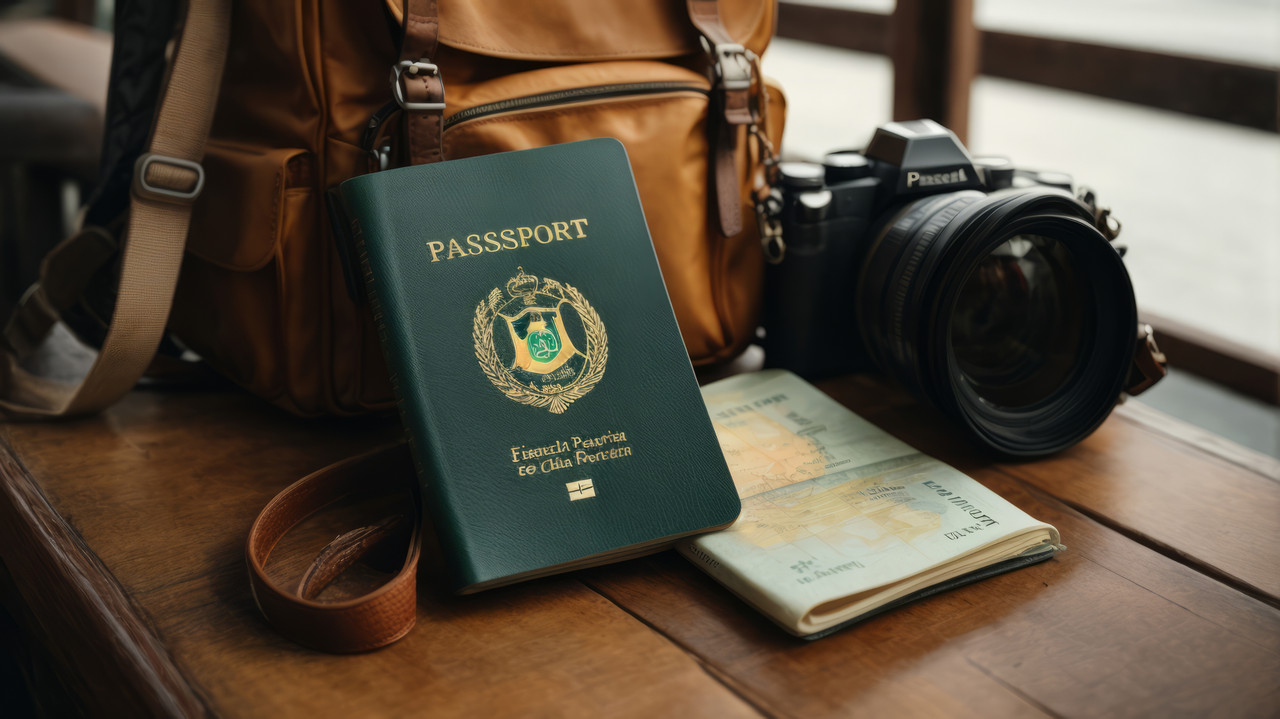
Immigration officials will inspect when you arrive in Djibouti:
- Your passport
- A printed eVisa copy
- Accommodation and return ticket proof (in certain circumstances)
Advantages of Using the eVisa System
- Easy for Short Tours: Perfect for visitors visiting events, looking at tourist spots, or stopovers.
- Supports Tourism Development: By making it easier to enter, Djibouti invites more tourists to see its secrets.
- Facilitates Business Travel: Businesspeople can easily organize visits for business and investment purposes.
Traveler Guide for Applying for a Djibouti eVisa
Apply in Advance: While processing may be rapid in most cases, applying at least a week in advance is advised.
- Check Twice: Mistakes in passport numbers or dates of birth will slow down approval.
- Carry Copies Along: Keep digital and printed copies of your eVisa.
- Plan in Advance: Reserve accommodation and transportation in advance, since evidence may be needed.
Top Attractions for Cruise Travelers in Djibouti
Djibouti may be small, but it offers unforgettable sights for cruise travelers. Here are some must-visit attractions:

- Lake Assal – A breathtaking salt lake, the lowest point in Africa and second-lowest on Earth.
- Day Forest National Park – A lush green escape with hiking trails and unique wildlife.
- Gulf of Tadjoura – Perfect for snorkeling, diving, and spotting whale sharks.
- Moucha Islands – Ideal for relaxing beaches and crystal-clear waters.
- Djibouti City Markets – Explore local crafts, spices, and vibrant culture.
These highlights make Djibouti a rewarding stop for cruise passengers seeking adventure, nature, and culture.
Djibouti City
The capital is usually a stop for the first time among cruise passengers. You can walk through markets, see colonial buildings, and visit local cafes. The cosmopolitan blend of cultures manifests in food and everyday life.
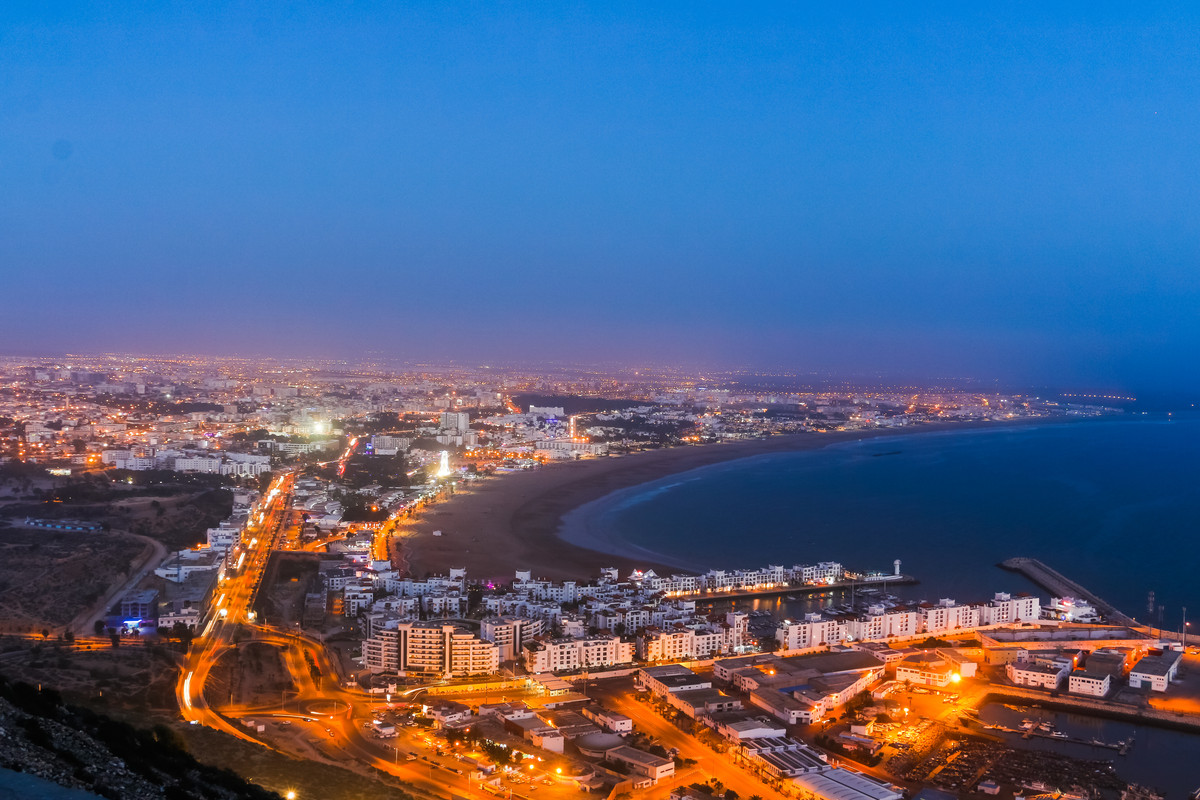
Djibouti City – Highlights for Travelers
- Vibrant Capital – Djibouti City is the heart of the country, buzzing with energy, culture, and a mix of African, Arab, and French influences.
- Local Markets – The Central Market is a must-visit, full of spices, clothes, fresh produce, and crafts that reflect daily life.
- Food & Cafés – From street food stalls serving samosas to cozy cafés and French-style restaurants, the city offers plenty of flavors.
- Cultural Insights – The Ethnological Museum and colonial buildings give a glimpse into Djibouti’s past and traditions.
- Seaside Charm – The waterfront area is perfect for a stroll, with views of the Gulf of Tadjoura and boats lining the shore.
- Day Trips – From the city, it’s easy to reach Moucha Islands, Lake Assal, or go diving and snorkeling in nearby waters.
- Easy to Explore – Compact and walkable, Djibouti City lets travelers experience both modern life and traditional culture up close.
- Friendly Atmosphere – Locals are welcoming, making it a comfortable place for first-time visitors to start their Djibouti journey.
Lake Assal
A short drive from the capital, Lake Assal is the lowest point in Africa and one of the saltiest bodies of water in the world. Its turquoise waters against volcanic terrain make it a must-see.
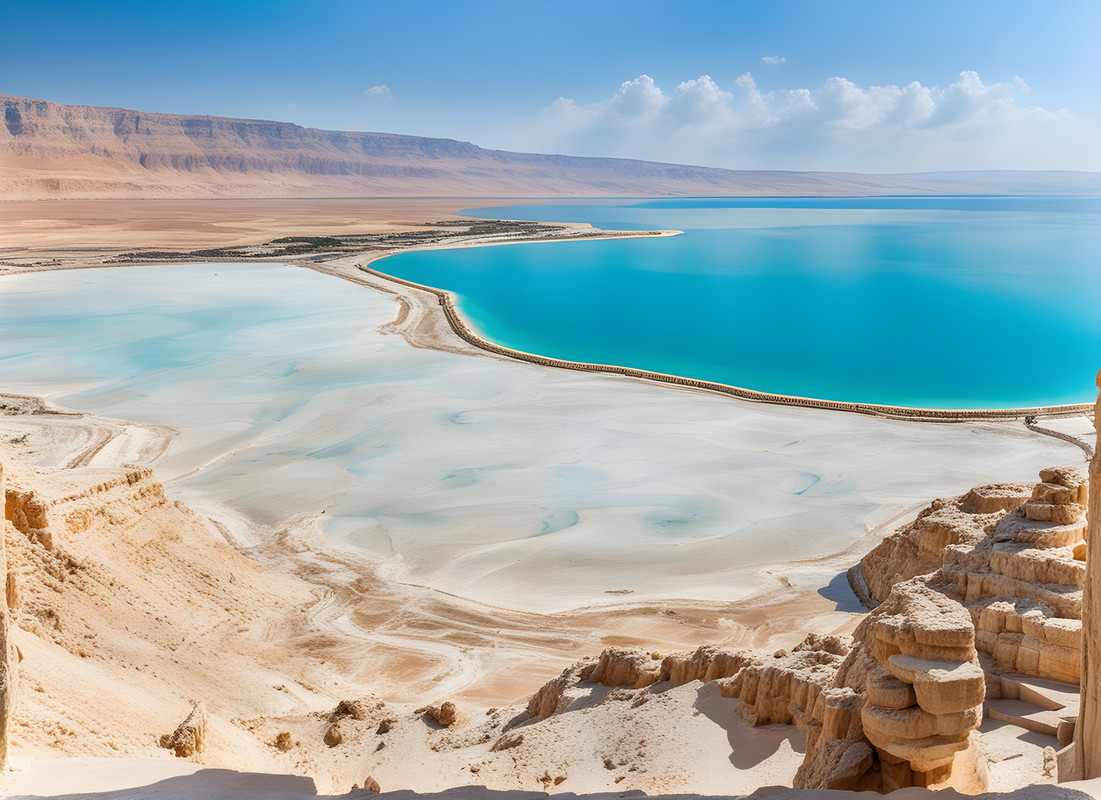
Lake Assal – A Natural Wonder of Djibouti
- Unique Location – Lake Assal lies about 120 km west of Djibouti City, set in a volcanic crater.
- Salt-Rich Waters – The lake is one of the saltiest in the world, even saltier than the Dead Sea. Its shores are covered in thick salt crystals.
- Scenic Beauty – Surrounded by black lava fields and desert landscapes, the lake’s turquoise waters create a stunning contrast.
- Popular Day Trip – Many travelers visit Lake Assal as a half-day or full-day tour from Djibouti City.
- Great for Photography – The mix of white salt flats, blue waters, and volcanic mountains makes it a paradise for photographers.
- Cultural Importance – Local nomadic tribes have historically collected salt here, making it part of Djibouti’s heritage.
Day Forest National Park
For those who love nature, this park offers hiking opportunities and lush greenery, a contrast to Djibouti’s arid surroundings.
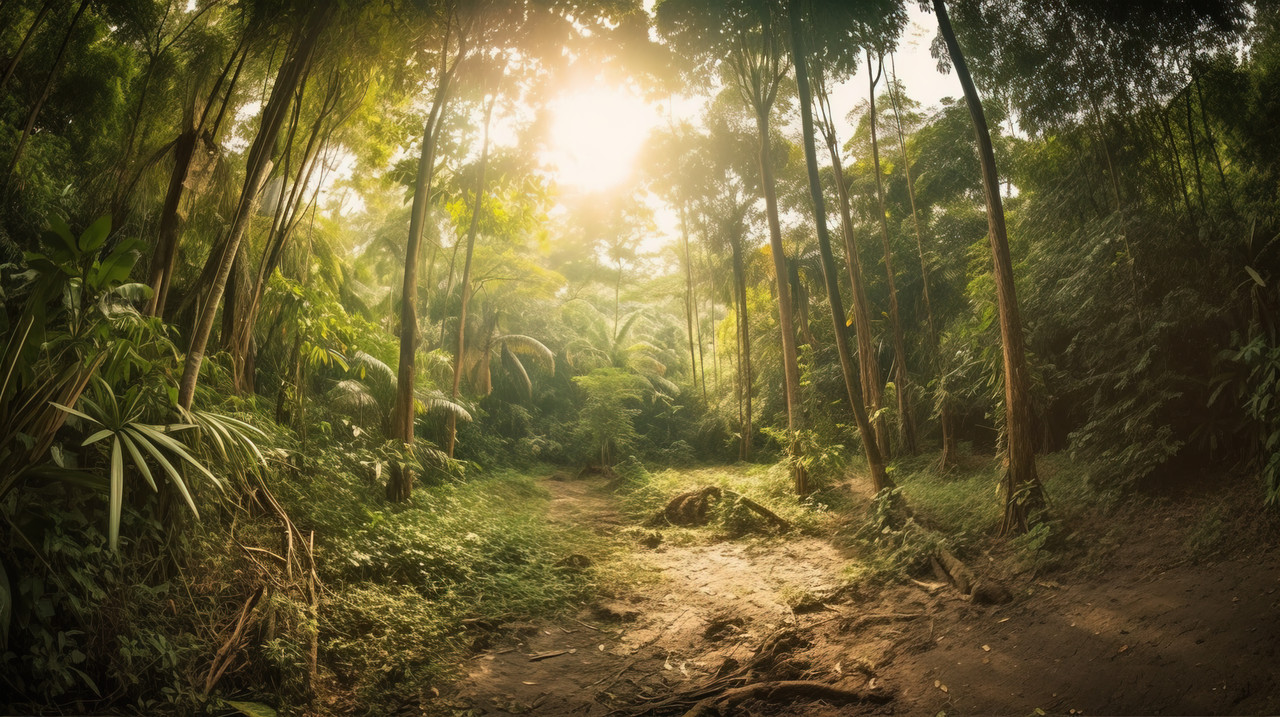
Day Forest National Park – Djibouti’s Green Escape
- Unique Setting – Located about 30 km from Tadjoura, this park is one of Djibouti’s rare green landscapes.
- Juniper Forests – Home to ancient juniper trees, giving the park a cool, refreshing atmosphere unlike the surrounding deserts.
- Wildlife Haven – A great spot for birdwatching, with species like the Djibouti francolin found only here.
- Animals to Spot – You may encounter baboons, antelopes, and other wildlife while exploring the forest trails.
- Hiking & Trekking – Popular for nature walks and hikes, offering panoramic views of mountains and valleys.
- Scenic Beauty – Misty mornings, mountain peaks, and lush greenery make it a photographer’s delight.
- Cultural Value – Local communities consider the park an important part of their heritage and traditions.
- Accessible Trip – Often visited as a day excursion from Tadjoura or Djibouti City.
Tadjoura
One of the oldest towns in Djibouti, Tadjoura is known for its whitewashed houses and beautiful beaches. It’s a relaxing spot if your cruise schedule allows.

Tadjoura – The White City of Djibouti
- Historic Town – One of the oldest towns in Djibouti, with a rich history as a former trading hub.
- Whitewashed Houses – Known as the “White City” for its traditional white buildings and charming streets.
- Coastal Beauty – Located along the Gulf of Tadjoura, offering calm beaches and scenic seaside views.
- Cultural Heritage – Famous for its many mosques and deep-rooted Islamic traditions.
- Snorkeling & Diving – A gateway to exploring the Gulf’s marine life, including colorful fish and corals.
- Easy Access – Just a few hours’ drive or boat trip from Djibouti City, making it a popular getaway.
- Nearby Nature – Close to Day Forest National Park and mountain landscapes for hiking and exploration.
Marine Adventures
Djibouti is famous for its rich marine life. If time permits, snorkeling or a short diving excursion offers the chance to see coral reefs and possibly encounter whale sharks during the right season.
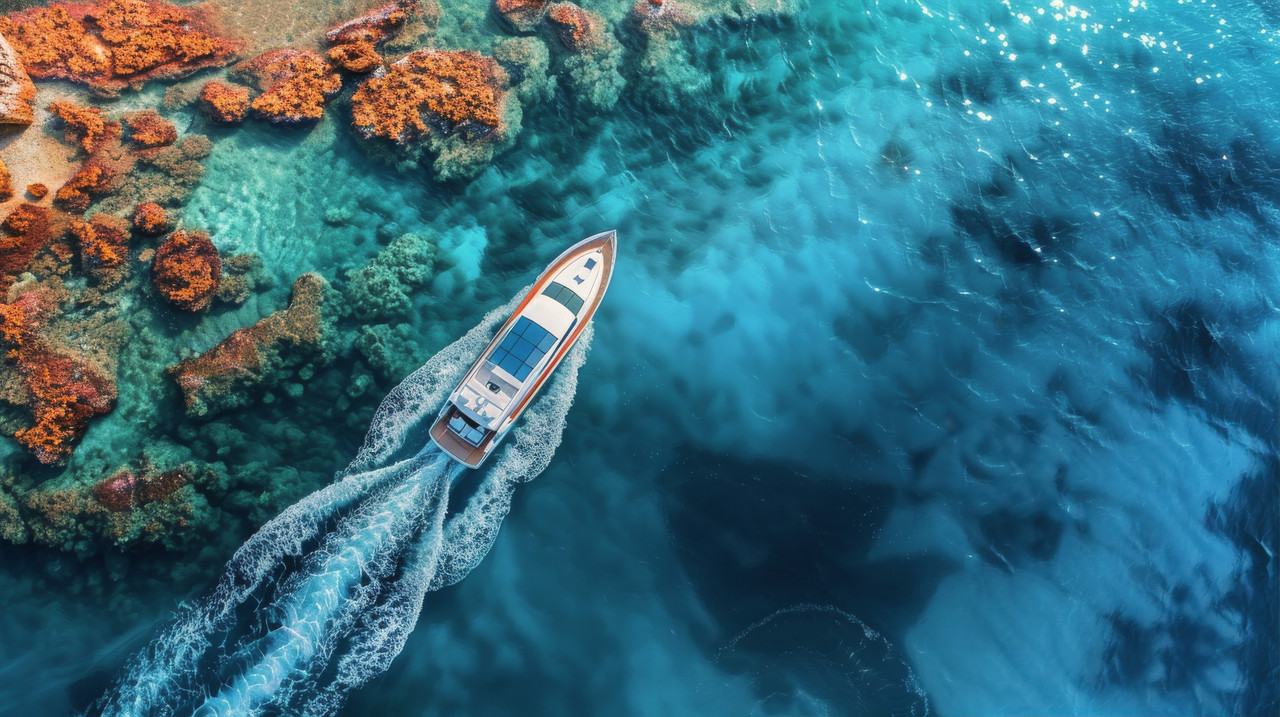
Marine Adventures in Djibouti
- Whale Shark Encounters – Swim alongside gentle whale sharks, especially between October and February.
- Snorkeling & Diving – Explore coral reefs and colorful marine life in the Gulf of Tadjoura and Moucha Islands.
- Boat Excursions – Take boat trips to hidden coves, fishing villages, and offshore islands.
- Dolphin Watching – Spot playful dolphins along Djibouti’s pristine coastline.
- Crystal-Clear Waters – Perfect for underwater photography and relaxation on sandy beaches.
- Island Getaways – Visit Moucha and Maskali Islands for serene beaches and water sports.
- Adventure for All – From beginners to expert divers, Djibouti’s waters offer something for everyone.
Why the eVisa Makes a Difference
For cruise travelers, time is valuable. Each hour wasted processing paper or waiting at the port is time taken away from discovery.

The eVisa process removes these hassles by providing:
- Convenience: Process from anywhere prior to travel.
- Efficiency: Rapid approval makes life less stressful.
- Flexibility: Perfect for brief visits without making complex travel arrangements.
With the eVisa, cruise travelers are free to enjoy their shore excursions rather than concern themselves with entry details.
A Sample Day Schedule in Djibouti
To give you an idea of a brief stay, below is a sample schedule for a one-day visit:
- Morning: Arrive disembarking with your eVisa in hand, then embark on a guided excursion to Lake Assal. Take breaks en route to observe volcanic scenery.
- Midday: Get back to Djibouti City for lunch the local way—have fresh seafood or Somali-inspired foods.
- Afternoon: Wander the markets and colonial buildings in the city center. Shop for souvenirs or take a coffee break at a French café.
- Evening: Return to your ship, enriched by a day of natural and cultural exploration.
This harmony of nature, culture, and leisure highlights the best of Djibouti within a cruise traveler’s schedule.
Conclusion
Djibouti is the perfect choice for cruise passengers who want to experience a perfect blend of culture, history, and nature in a small, easy-to-navigate environment. With Djibouti eVisa, short visits are easy, so you can make the most out of your time on land. From the breathtaking Lake Assal to the bustling roads of Djibouti City, every moment counts as a new way to explore.
